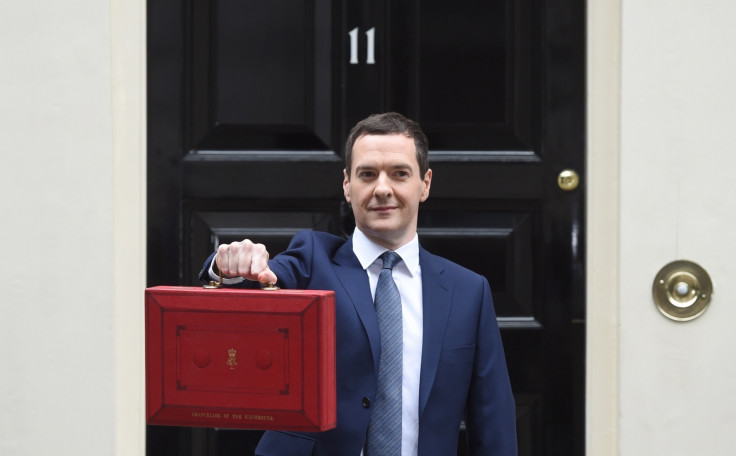William Keegan: George Osborne's Victorian budget is an assault on the poor
George Osborne delivered a true Tory budget including benefits cuts that are "Victorian" and "assault the poor," according to IBTimes UK economics commentator William Keegan.
In his first budget after the Conservative's majority victory at the general election, the chancellor promised a "bold budget" that would continue tor reduce the deficit and provide more jobs.
Child tax credits
Osborne announced the annual £26,000 benefit cap per household would be cut to £23,000 in London and £20,000 for the rest of the country. More controversially, he also announced families will no longer be able to claim child tax credits for more than two children after April 2017, a policy acting leader of the opposition Harriet Harman called "social engineering".
Keegan, who has been providing immediate analysis of the budget announcement, described the move as "Victorian" and "unpleasant".
"This is Victorian stuff. This is really pushing it. He has assaulted the poor there's no doubt," he said.
The measures are part of Osborne's planned £12bn in welfare cuts over the next three years as the government pledged to continue to cut the deficit and produce a surplus in public finances from 2019-20.
Defence spending
One of the loudest cheers for Osborne came when he committed to Nato's 2% defence spending. Keegan said defence chiefs would be pleased with the decision but warned the police were still suffering under the government's austerity measures.
He said: "I was worried that our defence spending was being cut at a time when it shouldn't have been. The defence chiefs have been up in arms about cuts and this is definitely a response.
"What worries me actually is behind all this stuff about national security they are introducing savage cuts to the police. And I'm already meeting police on the streets who say crime is going up."

National Living Wage
Osborne also vowed to introduce a new National Living Wage of £7.20 an hour for the over-25s from April 2016, rising to more than £9 an hour by 2020. Keegan claimed introducing such a measure could have an averse affect on the UK's employment rate.
He said: "The textbook response used to be that if you put wages up unemployment goes up as well because you can't afford as many people. That's why people used to argue against the minimum wage. He [Osborne] did concede this would result in higher unemployment but it would be counterbalanced by new jobs elsewhere."
Buy-to-let
Osborne also announced he was reducing the tax breaks on buy-to-let mortgages.
Landlords with buy-to-let mortgages are currently entitled to offset the interest on their monthly repayments against their income tax bills on the rent they receive.
But in his summer budget, Osborne said he will limit this relief to those who fall into the basic rate of income tax.
From 2017, those in higher bands will not be able to offset their buy-to-let mortgage interest costs against their income tax bill.
Keegan says he doubts such measures will greatly affect Britain's booming buy-to-let market.
He added: "If he had removed the tax relief completely then that would be devastating. But lowering it to the basic rate is not the end of the world for the buy-to-let people."
© Copyright IBTimes 2025. All rights reserved.






















